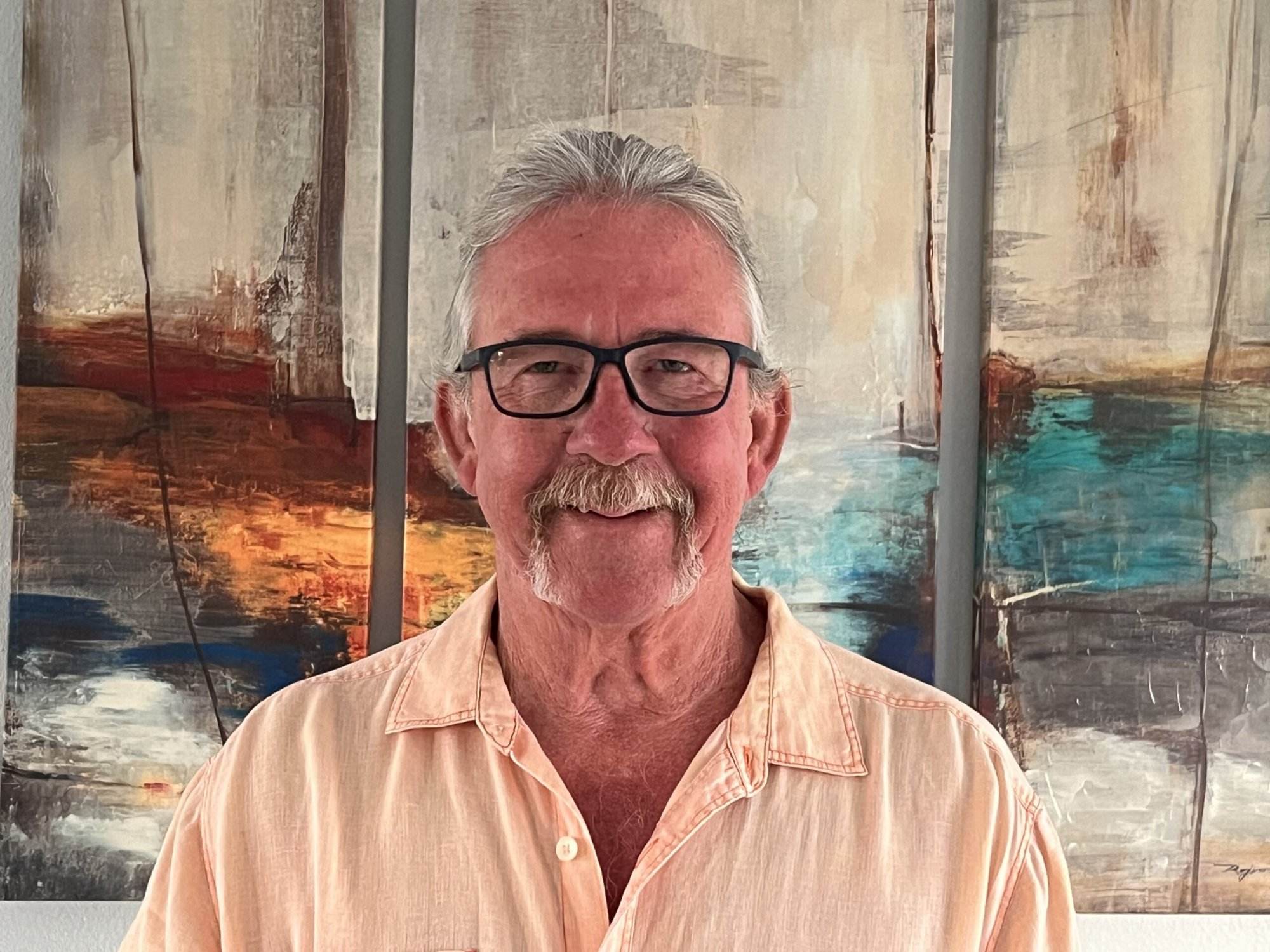“Sleep tight and don’t let the bed bugs bite” was something my mother said to me when I was just a small child. I had no idea what she meant, and I think it has a much different meaning today. Still yet, like many old sayings, it carries a powerful message. A good night’s sleep is important for our health.
The Center for Disease Control and Prevention (CDC) reportsthat about 32% of children, about 74% of adolescents, and 33 % of adults experience insignificant sleep. Sleep is a critical factor for our physical and mental health. Chronic inadequate sleep can lead to increased risk for cardiovascular disease, obesity, diabetes, and cancer (Luyster, 2012). sleep can increase the risk for major depression and other mental health issues. On the flip side, getting healthy sleep helps improve your immune system and enhance your mental health.
There are several things we can do to help improve our sleep. The Andrew Weil Center for Integrative Medicine at the University of Arizona offers several tips to enhance our sleep. Develop and maintain a routine sleep-wake routine even on weekends. Dim your lights for a couple of hours before bedtime to simulate dusk. Reduce screen time closer to bedtime. Reduce caffeine, sugar, and alcohol. Keep your bedroom cool (about 68 degrees) and dark and try to obtain at least 20 minutes of daily exposure to morning light shortly after arising and try to avoid the chemical knockout of sleeping pills and alcohol.
Dr. Donn Posner, Adjunct Clinical Associate Professor in the Department of Psychiatry and Behavioral Sciences at Stanford University School of Medicine states that there is a difference between sleep and sedation. Sedatives used for sleep are short-term remedies and never intended for long term use. If you are experiencing severe insomnia or suspect you may be struggling with sleep apnea, seek out a sleep specialist.
Racing and ruminating thoughts during the night may be a struggle for some people. Developing a meditation practice can help. Meditation is simply a way of being present in the moment without judgment, letting go of thoughts of the past or future. Another way to address what is often called the “monkey mind” is to write down things you need to address the following day and write down beside each of those things one thing you will do the next day to address it.
Lastly, understand that you cannot literally “go to sleep” instead practice “letting go of waking.” Embrace sleep as a personal spiritual practice. See it as a way of surrendering to the arms of the universe, of the Creator, into the embrace of unconditional love.






